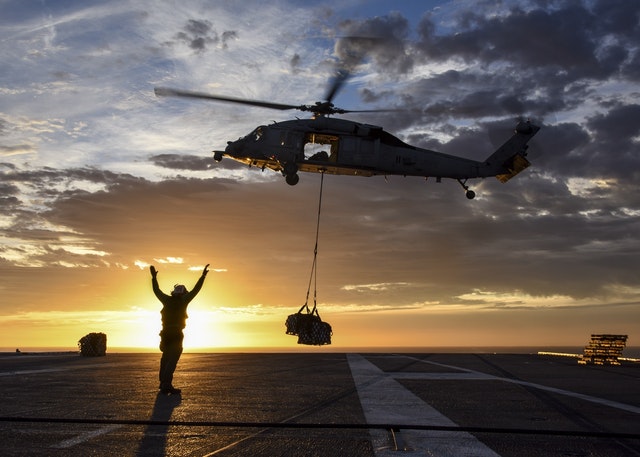The Use of International COVID-19 Relief to Date

While COVID-19 relief policies have provided much needed economic support to the American people, Congress has passed several international COVID-19 relief measures as well. These relief packages have provided various resources, from supplying healthcare commodities to funding research vaccine development. These packages assist foreign nations in preparing for and responding to the novel coronavirus 2019.
International COVID-19 Relief Efforts
As the virus has developed, Congress has approved several measures to respond to the outbreak and assist the international community. In early March 2020, the first of these measures allocated $1.25 billion in supplemental funding to the International Affairs Budget. Later in the month, Congress allocated $220 million more in international resources, followed by a third supplemental of $1.12 billion. Finally, in early July 2020, Congress allocated nearly $10 billion in emergency funding for COVID-19 relief.
In total, Congress has allocated nearly $12 billion to respond to the needs of the international community and fight against the reversal of decades of poverty reduction work. The funds have had a broad effect, reaching nearly all regions of the global community.
Africa
The United States’ response to COVID-19 in Africa has been extensive. However, the country’s partnership with UNICEF in Senegal highlights just how much of a difference international funding makes. Through financial support, USAID has partnered with UNICEF in training over 500 community health workers, constructing just under 500 hand-washing stands and distributing over 2000 hand-washing kits. In total, the funding has supported the disinfectant measures of over 400 schools, 1,800 houses and 1,400 health structures.
Asia
Perhaps no Asian nation has benefited more from international COVID-19 relief than Nepal. As part of USAID’s Sahara project, the organization has “assisted nearly 400 municipalities in locating areas at heightened risk of COVID-19 transmission, screening migrant returnees for COVID-19 symptoms, and coordinating relief efforts related to the disease outbreak.” The program has assisted nearly 7,500 households in finding medical assistance. It has also supplied over 1 million families with counseling on sanitation practices over the phone and reached nearly 3.6 million people via social media.
Europe and Eurasia
One of the most severely affected European nations, Italy is an excellent display of the effectiveness of international COVID-19 relief. According to USAID’s website, the “U.S. support includes $50 million in health, humanitarian, and economic assistance implemented by USAID to bolster Italy’s response to COVID-19.” To be most effective, USAID has both paired up with non-governmental organizations to supplement its efforts and the Italian government in order to provide health commodities.
Latin America and the Caribbean
USAID has been extremely active in Latin America and the Caribbean, particularly in Haiti. Through financial support, the organization has been able to provide Haiti with health commodities. USAID has also trained nurses to assist in testing, which is critical for an efficient response to the virus. According to its website, USAID has “assisted with the sampling and testing of more than 2,600 people since the beginning of May.”
The Middle East and North Africa
The nation of Tunisia provides one of the most compelling examples of the effectiveness of international aid in the Middle East and North Africa. Along with UNICEF, USAID helped provide sanitation kits to schools, daycares and health care facilities. Their efforts reached nearly 100 facilities. The organization also granted $6 million to support frontline workers and aid in a national campaign to spread awareness and prevent a second wave.
As COVD-19 has unfolded, the United States has made several contributions to aid the global community. These examples highlight a few of the many ways that the international response has made a difference in nations worldwide.
– Michael Messina
Photo: Pexels
